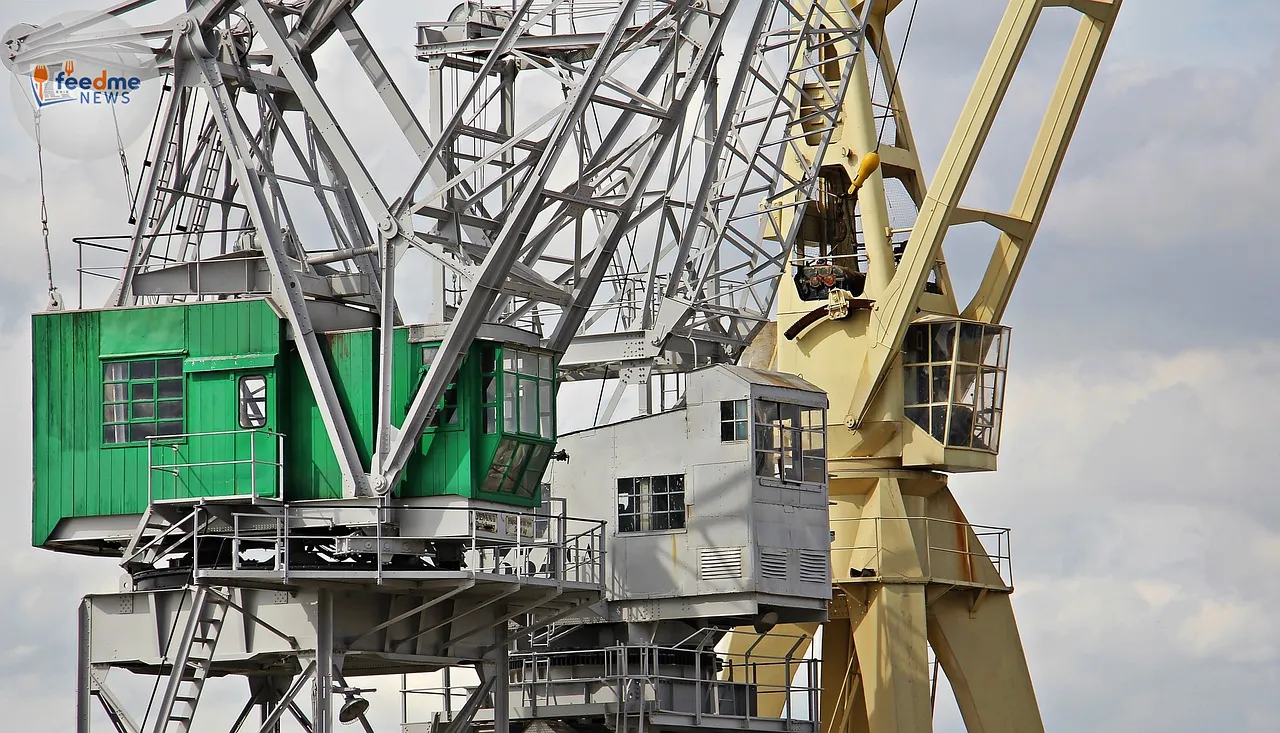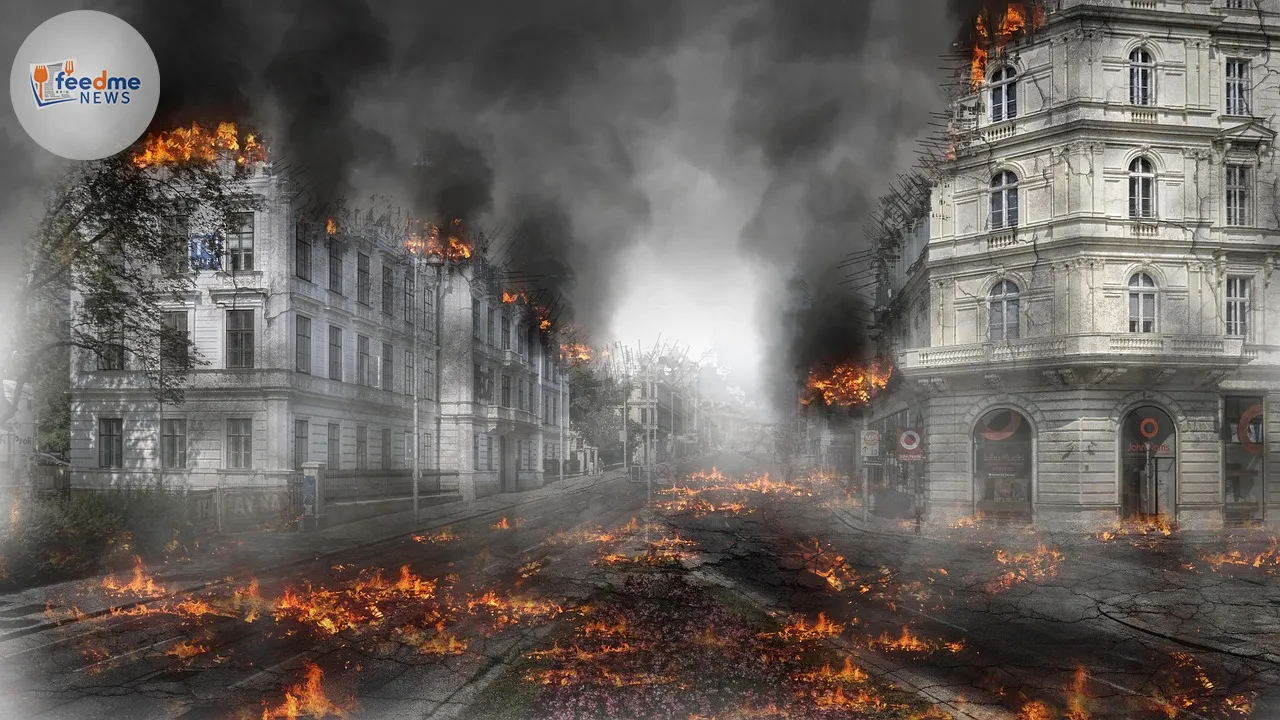In the bustling port city of Hamburg, Germany, a battle against an escalating drug crisis unfolds. The recent seizure of 16 tonnes of high-purity cocaine has spotlighted the city as a significant hub for drug trafficking in Europe. This revelation has not only exposed the scale of narcotics smuggling but also unearthed a troubling undercurrent of corruption within the judicial system. A state attorney, charged with prosecuting drug gangs, now stands accused of being on their payroll, illustrating the deep-rooted influence of criminal networks.
The Seizure that Shocked Europe
In a significant operation, Hamburg authorities intercepted a colossal shipment of cocaine, hidden among legitimate cargo on a massive container ship. This haul, one of the largest in European history, underscores the scale at which drug traffickers operate through European ports. The seizure, which took place earlier this year, highlights Hamburg’s emerging role as a critical node in the global narcotics trade.
The operation, carried out by a collaboration between German and international law enforcement agencies, has drawn attention to the vulnerabilities in port security. “The sheer volume of cocaine moving through European ports is staggering,” said a spokesperson from the Federal Criminal Police Office. “This seizure is a wake-up call for all of Europe.”

Hamburg: A Growing Hub for Drug Trafficking
Between 2018 and 2023, cocaine seizures in Germany surged by a staggering 750%. This dramatic increase has positioned Hamburg as a major European hub in the global drug trade. The city’s strategic location and its extensive port facilities make it an attractive target for drug cartels seeking to expand their reach.
Experts attribute this rise to the sophistication of smuggling techniques and the increasing demand for cocaine across Europe. “Hamburg’s port is vast, making it difficult to monitor every container,” explained Dr. Max Bauer, a criminologist specialising in organised crime. “This logistical challenge is exploited by traffickers who are constantly innovating their methods.”
Corruption: A Hidden Threat
The arrest of a state attorney accused of colluding with drug gangs has sent shockwaves through Germany, a country renowned for its low corruption levels. This case has raised concerns about the integrity of institutions tasked with combating organised crime. The attorney, whose identity remains confidential pending trial, allegedly received bribes to obstruct investigations into drug trafficking operations.
The scandal has prompted calls for stringent oversight and reforms within the judicial system. “This breach of trust is deeply concerning,” remarked Katrin Müller, a member of the German Parliament’s anti-corruption committee. “We must ensure that those responsible for upholding the law are not compromised by criminal influences.”
The Impact on Society
The influx of cocaine into Germany is not only a law enforcement issue but also a social challenge. The rise in drug availability has led to increased addiction rates and associated health problems. Public health officials warn of the long-term consequences if the trend continues unchecked.
Community leaders in Hamburg are advocating for comprehensive strategies to address both the supply and demand sides of the drug problem. “We need a multi-faceted approach that includes prevention, education, and rehabilitation services,” urged Dr. Lisa Schmidt, a public health expert. “Combating drug trafficking is only part of the solution.”
International Collaboration: A Path Forward
Given the transnational nature of drug trafficking, international cooperation is crucial. German authorities are working closely with European and global partners to enhance intelligence sharing and joint operations. Recent efforts have focused on tightening port security and improving detection technologies.
The European Union has also pledged support, recognising the need for a unified approach to tackle organised crime. “This is a European issue that requires a European response,” stated an EU spokesperson. “We must strengthen our collective efforts to dismantle these criminal networks.”
Looking Ahead: Challenges and Opportunities
As Hamburg grapples with its role in the cocaine trade, the city faces both challenges and opportunities. The need for robust anti-corruption measures and effective drug policies is more pressing than ever. Authorities are tasked with restoring public confidence while ensuring that the port remains a secure gateway for legitimate trade.
The situation in Hamburg serves as a stark reminder of the pervasive nature of organised crime and its ability to infiltrate even the most secure societies. Moving forward, a coordinated effort involving law enforcement, policymakers, and communities will be essential to curb the influence of drug gangs and preserve the integrity of Europe’s ports.
In conclusion, Hamburg’s cocaine crisis highlights the urgent need for action on multiple fronts. As the city navigates this complex issue, the lessons learned could serve as a blueprint for other regions facing similar challenges. The road ahead requires vigilance, cooperation, and a steadfast commitment to justice and transparency.






